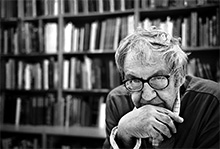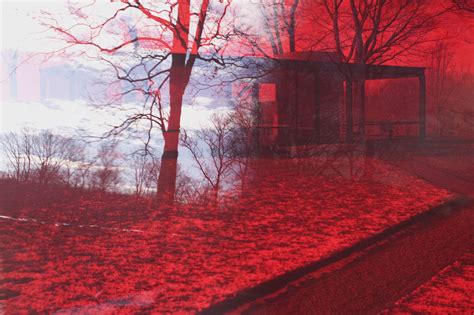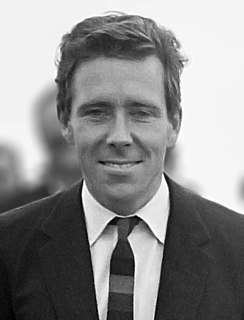A Quote by Patti Smith
After writing all day I go for a walk and see a piece of architecture i want to photograph and i have to take a picture and later a poem comes in my mind.
Related Quotes
There's something arbitrary about taking a picture. So I can stand at the edge of a highway and take one step forward and it can be a natural landscape untouched by man and I can take one step back and include a guardrail and change the meaning of the picture radically... I can take a picture of a person at one moment and make them look contemplative and photograph them two seconds later and make them look frivolous.
A photograph records both the thing in front of the camera and the conditions of its making... A photograph is also a document of the state of mind of the photographer. And if you were to extend the idea of the set-up photograph beyond just physically setting up the picture, I would argue that the photographer wills the picture into being.
Introduction To Poetry I ask them to take a poem and hold it up to the light like a color slide or press an ear against its hive. I say drop a mouse into a poem and watch him probe his way out, or walk inside the poem's room and feel the walls for a light switch. I want them to waterski across the surface of a poem waving at the author's name on the shore. But all they want to do is tie the poem to a chair with rope and torture a confession out of it. They begin beating it with a hose to find out what it really means.
I think it is quite wrong to photograph, for example, Garbo, if she doesn't want to be photographed. Now I would have loved to photograph her, but she obviously didn't want to be photographed so I didn't follow it up. Then somebody will photograph her walking down the street because she has to walk down the street, and I mind that sort of intrusion. I think this is horrible.
I love the idea of engaging the object, whether it be architecture or a piece of good graphic design, or a good painting, or piece of sculpture, or even a piece of industrial manufactured object. A piece of engineering can be quite beautiful, too, or a photomicrograph, or a cosmic photograph. We're physical beings and why deny that. So in that sense, it's very sensual to have an object that has the power to communicate some emotion or a state or give you some sense.
But there is more to a fine photograph than information. We are also seeking to present an image that arouses the curiosity of the viewer or that, best of all, provokes the viewer to think-to ask a question or simply to gaze in thoughtful wonder. We know that photographs inform people. We also know that photographs move people. The photograph that does both is the one we want to see and make. It is the kind of picture that makes you want to pick up your own camera again and go to work.



































